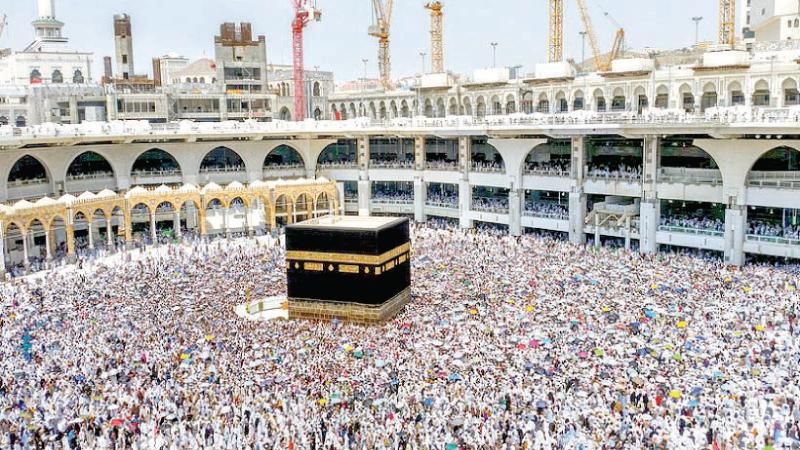
Ramadan is the ninth month in the Islamic calendar that Muslims world wide observe as a month of fasting, repenting and engaging in charity. A holy month dedicated to earning the blessings of Allah, and the cleansing of sins.
Fasting
Fasting or is also considered one of the five pillars of Islam.
All Muslims who are not extremely ill, travelling, elderly, or having any other hindrance that would cause bad health effects due to fasting are required to fast. Not only food and drink, but also alcohol, tobacco products and any sinful behaviour are not allowed.
Muslims consider a crescent moon as the sign of the first day of fasting and many Muslim organisations observe the night sky directly to watch for the crescent moon.
Suhoor
A day of fasting will be something like this; Muslims wake up before dawn for a meal called Suhoor which is a blessing to ease the weakness that fasting will bring.
Muslims will also make the intention of fasting that will follow the whole day as intention is very important in Islam.
Musaharati
In some countries, mostly in Middle Eastern countries, there is a person called a Musaharati to publicly wake up Muslims for Suhoor and the dawn prayer by roaming the residential areas shouting and singing religious songs.
In Indonesia they bang a drum. This practice is declining due to big cities making it harder to hear the voices of the Musaharati.
 During the day many Muslims may go to work or school.
During the day many Muslims may go to work or school.
In some countries some laws shorten the work hours or even give holidays for Muslims. It is also equally possible for Muslims to work their normal hours.
Imagine this, you’re having a tiring day of work and by a total accident you eat a piece of food or even have a sip of water. Don’t worry! It happens to all of us and if you had no intention to break your fast then you can continue your fast.
That doesn’t mean you can keep consuming, just stop as soon as you remember.
The fast ends at sunset when the call to Maghrib prayer will signify the end of fasting for that day. All Muslims break fast by having a meal called Iftar.
Traditionally, many break their fast with dates to commemorate the way the Prophet Muhammad broke his with this fruit.
The meal may include that country’s famous dishes. In Sri Lanka, the Muslim community breaks fast with porridge and pastries and for a drink water is consumed drunk though juice is also served.
If you were to miss days of fasting due to complications you can fast for those days during any day of the year to make up for your lost ones. Though the daily fast has ended, all Muslims are encouraged to recite the thirty sections of the Quran and nightly prayers are performed.
These prayers are not mandatory but many perform it to gain more blessings and for repentance.
In the last ten days of fasting we believe that the odd-numbered days were the days where the first verses of the Quran were revealed.
We don’t have an exact date so on every odd number day Muslims pray and do extra acts of worship that will grant us blessings on the most holy day in the Islamic belief.
The end of Ramadan is marked by the festival of Eid-Al-Fitr, which is when all Muslims celebrate by making special sweets, wearing new clothes and performing specific prayers on that day. The month of fasting has ended and Muslims will wait eagerly for the next one.
